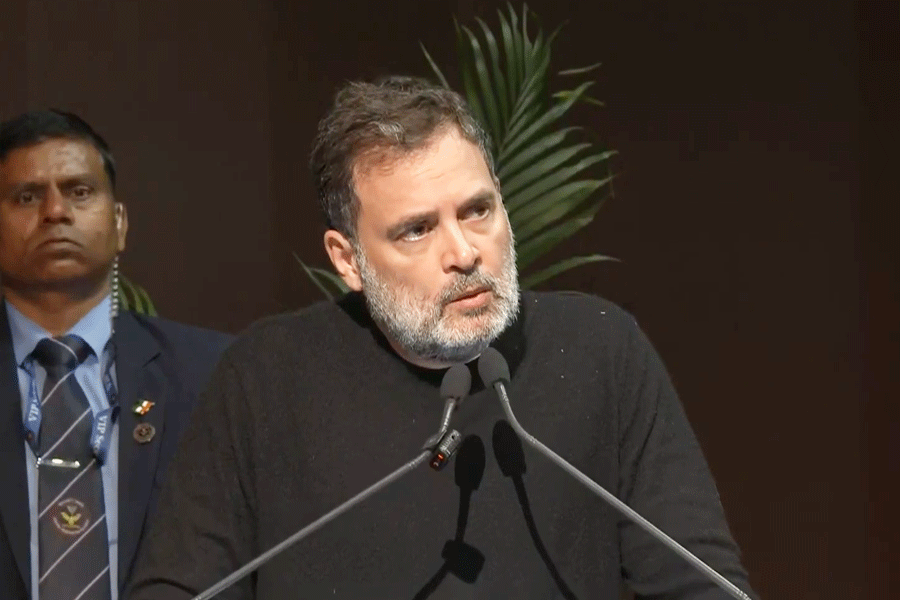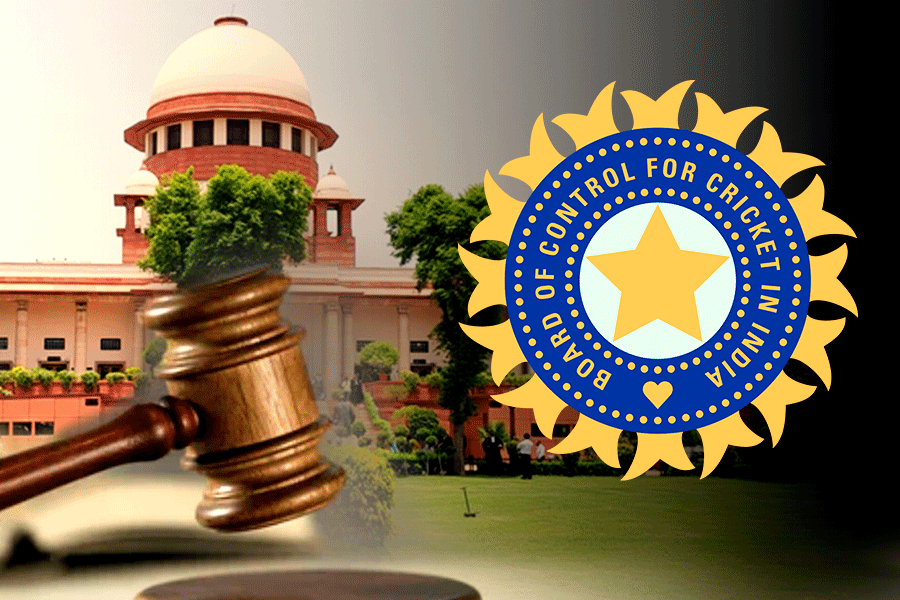Many English words have two or more meanings. But can a word have two meanings that are the direct opposite of each other? You wouldn?t think so. But are you quite sure? Or only quite sure? Point made: quite can mean entirely or just a bit.
Such antilogies or antagonyms, as they?re called, are one of the curiosities of English. There are more than you?d expect. One enthusiast, admittedly with a fairly generous view of what opposite means, has counted over 100.
Some spring from the distant origins of our language. The King James Bible says that a man shall cleave unto his wife. But cleave can equally mean split apart. The explanation here, it seems, is two Old English words of similar sounds but different meanings, which both came into later English as cleave.
The Church of England?s old Book of Common Prayer has the phrase let or hindrance, a meaning that survives today as the let of a squash or tennis court ? just the opposite of what we normally mean by that word. Here, too, the source is two similar-sounding but different-meaning words in ancient English. The prayer book also strangely invites the Almighty to prevent us in all our doings. This reflects the Latin word from which our prevent comes; it can mean go before. Stretch a point and you can say this means help, the reverse of today?s prevent.
Other examples spring from differing national usages. When America?s Congress tables a motion, it is setting it aside, to lie undiscussed. A British MP who does so is writing it down to be discussed. The Englishman who doubts something will happen, thinks it probably won?t. A Scotsman who says the same is suggesting that it probably will. In Britain, denting your car means putting dents in the bodywork. At a garage in India, it means taking them out.
But we don?t have to shift from past to present, or from country to country, to find examples. A cook may dust some dish with cinnamon, putting that powder on it ? or dust a shelf, to do the reverse. A rabbit may run fast; but if it runs into a snare, it?ll be held fast. If the bus has left early, some would-be passengers may be left behind. And if you bolt a stable door, the horse cannot bolt.
There are plenty more. When the sun?s out, you can usually put the lights out. A building that buckles is collapsing; you buckle your belt to prevent your waistline from doing the same. When the poacher skins a tiger, he?s taking the poor beast?s outer covering off; an artist who skins a painting is putting one on. A dyke can be either a ditch or a bank.
As one or two of these specimens suggest, some of the antilogies listed by enthusiasts are pretty artificial. To root a plant in the soil is indeed the reverse of rooting it out. But root on its own doesn?t have both meanings. Skimming the waves isn?t really the opposite of skimming the milk, though the airline pilot who tries imitating the dairymaid will soon learn the difference.
Nor, with most antilogies, is it hard to tell which meaning is intended. But modern politics has produced one real muddle. Fifty years ago, liberal meant open-minded or, often, progressive. In America, it still does; right-wingers use it as a term of abuse. That?s still its usual meaning in British English too. But there (in other European languages) ?liberal? has recently re-acquired an older meaning: someone who favours free markets. And neo-liberal is a term of abuse used by the left. The result can be confusion.
Still odder is the recent reversal of sanction. Until about 1970, it had always meant allow. But these days the UN sanctions countries or their practices that it disapproves of; that is, with punishments attached disallows them.
My own favourite antilogy, I fear, springs from my prejudices, not the dictionary. Reality TV, forsooth; I?ve seldom seen anything further from reality in my life. Should it be screened? I?d sooner be screened from it.










